Afghanistan is in the news of late due to the American withdrawal and the victory of the Taliban. Contrary to the western image being portrayed of a backward, uncultured, isolated country, Afghanistan is a land with centuries of culture and refinement. It sat on the Silk Road, a network of trade routes connecting the East and the West for 2000 years. This route was central to the economic, cultural, political and religious interactions between these regions.
Here are some significant moments in the history of this ancient, cosmopolitan country, a look at the current situation, and the role the region will play in future events as prophesied in the Hadith.
Afghanistan is famously known as the graveyard of empires, a reputation largely built on the fact that they held off the British Empire, the Soviet Union and now America. But the region was also the launchpad of empires in the past, and formed part of some of the largest and most significant of those which the world has ever seen. From the 5th century BC, it was part of the Persian Empire, the Greek Empire of Alexander, the Mongol Empire, the empire of Timur, the Moghul Empire of Babur. Many of these used Afghanistan as a base in the expansion of their empires.
Persian Empire
Cyrus II of Persia was the founder of the Achaemenid Empire in 556 BC, the first Persian empire to exist. He created the largest empire the world had seen till then. He is also identified by certain scholars with Zul Qarnain of the Noble Quran. In this regard, there are several differing interpretations and Allah Ta’ala knows best who it could have been. We can merely make calculated guesses. He made it possible for the Jews who had been expelled by Nebuchadnezzar to relocate to Palestine and begin rebuilding Masjid Aqsa. For this he is known as the non-Jewish messiah. His empire stretched from Turkey in the west to Afghanistan and parts of what is today Pakistan in the east until the Indus River.
Greek Empire
200 or so years later you had Alexander from the small Greek kingdom of Macedon. At the age of 20 he launched his military campaign, uniting the Greeks and putting together one of the largest empires in history. By 30, his empire stretched from Greece to India, including Afghanistan, Egypt, Persia and Turkey. When he died at the age of 32, he was the ruler of the largest empire ever seen and was undefeated in battle. Like Cyrus, some scholars identify him with Zul Qarnain of the Noble Quran.
His influence was tremendous. Cities founded by him still bear his name. 20 cities were named after him such as Alexandria in Egypt. Kandahar in Afghanistan was also originally called Alexandria. Herat, the third largest city in Afghanistan, was also named after him and eventually became an important intellectual capital of the Islamic world after the conquest of Timur. Its glory matched that of Florence in Italy. The Herat Citadel still exists and was originally built by Alexander. Many empires have used it as a headquarters in the last 2000 years. Very few western cities can boast such a rich and ancient heritage. There are also cities named after Alexander in Pakistan and Turkey. Alexander established Gaza City and under his rule Gaza earned a reputation as a centre of Greek learning and philosophy. In fact, the last Greek kingdom to exist was the Greco Bactrian Kingdom in Afghanistan and parts of India, well after the European ones had ceased to exist.
The Silk Road
So Afghanistan has a fabulously wealthy heritage. The region of Khurasan comprises Afghanistan, parts of Iran and other regions in Central Asia. The city of Herat was called the Pearl of Khurasan. A 12th century description of the city showed that it had 359 colleges, 12,000 fully operational shops, 6,000 bath houses and around 444,000 houses. This at a time when Europe was still going through the Middle Ages.
The Silk Road played a significant role in the development of the civilisations of China, Korea, Japan, Iran, Europe, the Indian subcontinent, the Horn of Africa and Arabia. Afghanistan had a strategic position on this world trade route. Now is no different. Afghanistan is reputed to be sitting on $1 trillion worth of rare minerals such as Lithium which is in high demand for use in items such as cellphones.
Arrival of Islam
When it comes to the Islamic period of Afghanistan, Islam spread along the Silk Road as it did through most of the major trade routes. Countries on the route took rapidly to Islam and remain on Islam to this day. Afghanistan was no exception. The man who played a central role in bringing Islam to Afghanistan was Ahnaf ibn Qais rahimahullah. The Prophet sallallahu alaihi wa sallam prayed for him, “Oh Allah forgive Ahnaf.” (Ahmed) He accepted Islam in the time of the Prophet sallallahu alaihi wa sallam but did not get the opportunity of seeing him. When he passed away in Kufa, Ibn Zubair radhiallahu anhuma said, “Today a great deal of wisdom has left.” Muaawiya radhiallahu anhu said regarding Ahnaf rahimahullah’s influence over people, “If he gets angry, 100,000 men of his tribe the Banu Tameem get angry along with him without knowing the reason for his anger.” Ahnaf rahimahullah was a charismatic leader. He played a significant role in the conquests of Persia in the time of Umar radhiallahu anhu. He led the Muslim forces in completing the conquest of Khurasan and reached Herat in Afghanistan in 652 CE. By the time of Uthmaan radhiallahu anhu, the Muslim army was in control of Afghanistan.
The Prophet sallallahu alaihi wa sallam prophesied, “There will be many battles after me. Try to be in the battles which will take place in Khurasan and enter the city of Marwa (previously called Alexandria, now Merv in Turkmenistan according to some scholars) for it is a city established by Zul Qarnain and he prayed for blessing for it.” (Musnad Ahmed)
Khurasan has produced scientists such as Ibn Sina, Farabi, Biruni and others who were known for their contribution to maths, astronomy, medicine, physics, geography and geology. The renowned poet Rumi rahimahullah hailed from the region as did most of the great Imams of Hadith including Imam Bukhari, Muslim, Abu Dawood and Imam Ghazali rahimahumullah.
During the Muslim period, empires such as the Timurid Empire and the Moghul dynasty used Afghanistan as a base in their expansion. Two significant Muslim kingdoms were centred on Afghanistan:
a. The Ghaznavid Empire (977-1186) stretched from India to Iran. The outstanding hero of this empire was Mahmud of Ghazni. His capital in Afghanistan almost rivalled the importance of Baghdad as an intellectual centre. He was responsible for spreading Islam in northern India.
b. Ahmed Shah Durrani set up the kingdom of Afghanistan in 1747 and ruled over much of Pakistan, parts of Iran, the whole of Afghanistan and up to Kashmir. This could be regarded as the foundation of an Afghan state.
Graveyard of Empires
The country of Afghanistan (stan meaning the land of) now came into contact with the British Empire. The First Anglo-Afghan War 1839-1842 ended with the British being forced to retreat from Kabul. Out of the more than 16,000 soldiers and others with the army, only one European and a few Indian soldiers reached safety in Jalalabad. The rest were either killed or captured in one of Britain’s worst defeats in their colonial ambitions.
In 1919 the British tried again. Despite having air power they still failed to conquer the country. Afghanistan remained independent and was never colonized.
In 1979 the Soviet Union invaded. At the end of this war, the poorly equipped Afghan fighters inflicted 26,000 deaths including 3,000 officers on the Russian forces, with another 54,000 wounded. 451 aircraft including 333 helicopters were destroyed along with 147 armoured tanks. The Soviets retreated in defeat after 10 years. The Americans came in 2001 and left 20 years later with nothing to show for it besides 73,000 US and allied forces killed.
After the fall of the Soviets the country descended into civil war between opposing war lords. After two years, Mullah Muhammad Omar rahimahullah and other Ulama and students of Islam, disgusted at the infighting, set out to restore peace. They succeeded in taking control of the country within a few months and bringing safety and security. They eradicated the cultivation of poppy which is used to make opium, heroin and cocaine. Afghanistan is the source of 95% of the world’s drugs like these. In 2000, Taliban cut off production in what the UN called the world’s most successful anti-drug campaign. In 2001 the US invaded the country and the drug trade was restored.
A Valuable Lesson
One of the takeaway lessons from the fighting spirit of the Afghans is Tawakkul or trust in Allah Ta’ala. Allah Ta’ala is Al Wakeel, the One you hand over all your matters to knowing that only what He wishes will occur. Tawakkul is to use all your energy and make a full out effort to attain a goal, and then leave the results in the Hands of Allah Ta’ala. The Afghans fought with whatever little means they had at hand. Their goal was to stay independent. Relying on Allah Ta’ala means that we should never be afraid of attempting big goals. You have a dream, go for it. The Afghans took on mighty super powers but did not let this deter them.
Leaving out the means and expecting things to happen is not Tawakkul but rather Ta’attul or being idle and useless. The Prophet sallallahu alaihi wa sallam and the Sahaba radhiallahu anhum did not abandon the outward means. They would prepare for battle and strive. Then they would say that Allah Ta’ala is sufficient for us. In actual fact, the outward means are a blessing from Allah Ta’ala such as having a skill or ability. So to leave it out and not use it would be a form of ingratitude to Allah Ta’ala.
We also learn that we are not in control of the outcome. The Afghans strove hard but still had to endure brutal occupation. What Allah Ta’ala wants to take place will occur, not what we desire. Allah Ta’ala knows best what is best for us. The end result is an independence that Afghanistan has realized which few countries can boast of.
The region of Khurasan will play a crucial role in the events close to the last day:
a. Ibn Majah documents a Hadith which says that a nation will appear from the East with black flags. With them will be the Khalifah of Allah Ta’ala, the Mahdi so pledge allegiance to him even if you have to crawl over ice to do so.
b. Tirmidhi records a narration stating that the army with black flags will emerge from Khurasan and will conquer until it reaches Palestine.

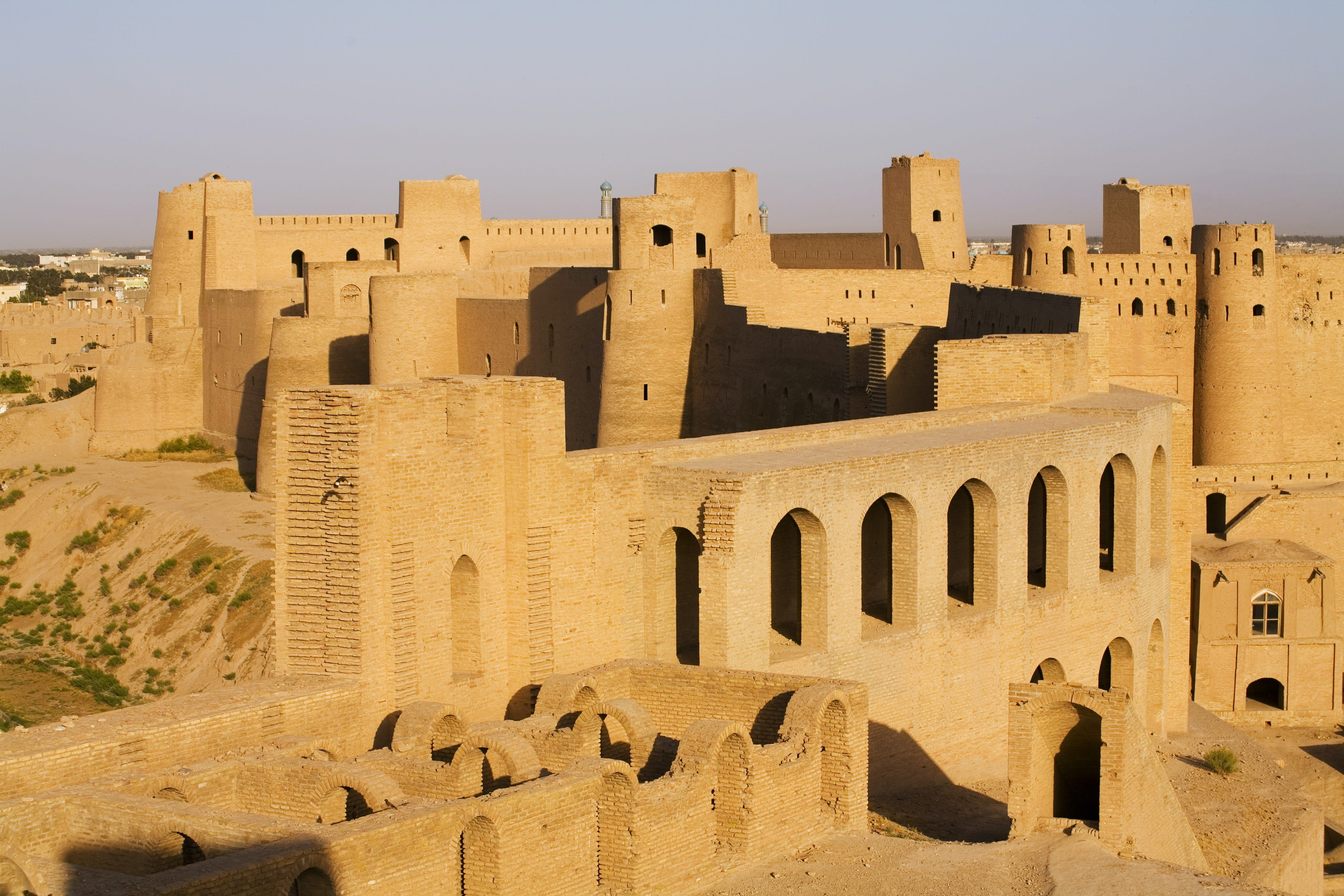
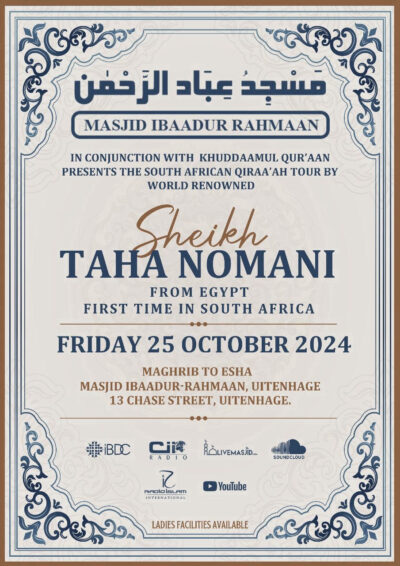



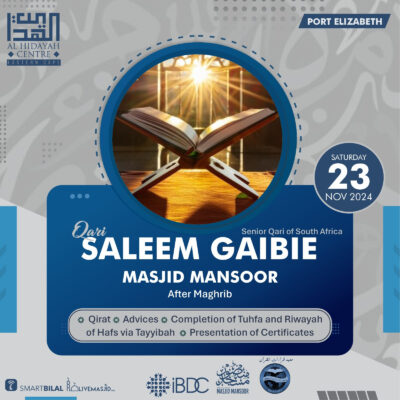
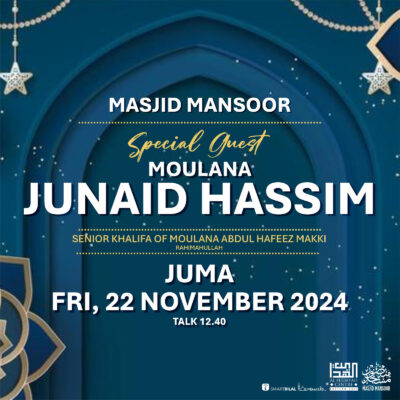
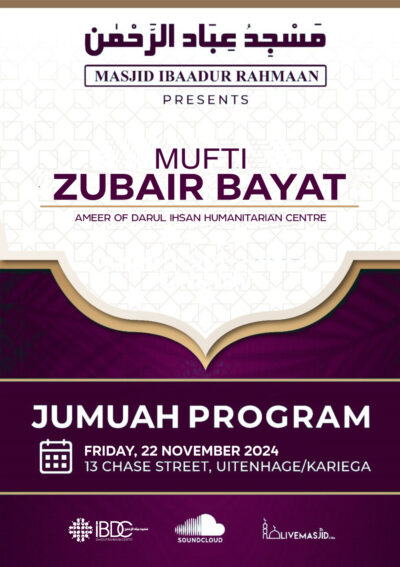
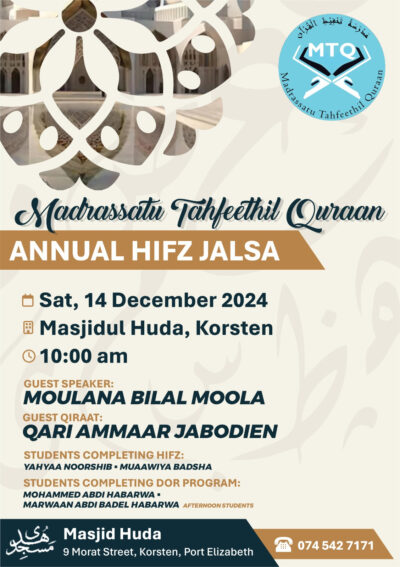



COMMENTS